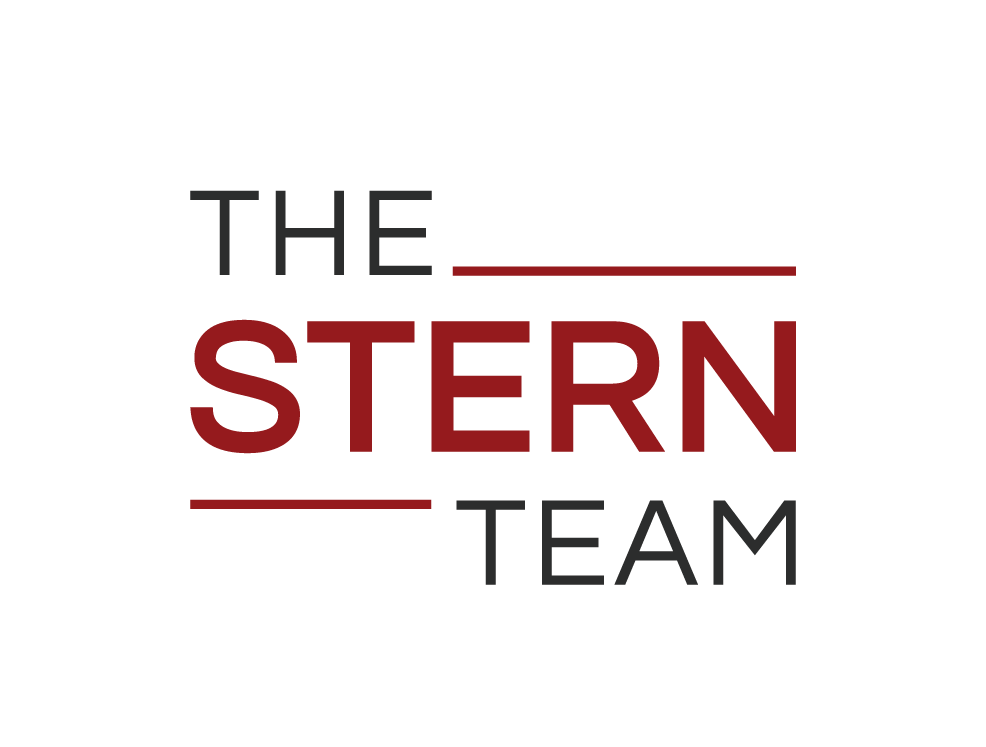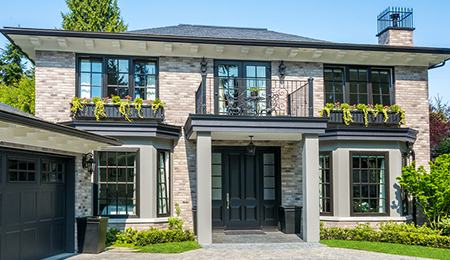Today we’re excited to share our third quarter market statistics for the Wasatch Front. These numbers are through October 4 of 2018 and we’ll be comparing them to the numbers that we saw through October 5 of 2017.
As for home sales, they’re relatively stable and unchanged from last year. Nearly 28,000 single-family homes, townhomes, and condos have sold along the Wasatch Front so far this year.
Our average sale price through three quarters of 2018 is $341,173 with the median price being $303,000. Last year, our average price was $309, 657 with a median price of $272, 761. This means that our average price and median price have both increased by nearly 10% in just this past year.
Interest rates are up about 1% year over year for 30-year mortgages. They’ve gone from just over 3% to about 4.62% year over year. As of October 4, we’ve seen five consecutive weeks of rate increases on 30-year mortgages. Additionally, we’ve seen the Fed increase their rate three times this year with a fourth on the horizon. Most experts predict them to raise rates an additional three times in 2019 and once more in 2020. I think of this as more of a normalization of interest rates than a spike. If you go back to 1990, our average interest rate is around 6.6%. Don’t be surprised if we get close to that number by the second or third quarter of 2019.
“Prices are up about 10% and the supply of homes remains tight.”
The average days on market along the Wasatch Front is 38 days, only 5% less from the same time last year at 36 days. Our overall inventory is currently sitting at 3.95 months of supply. This is a relatively low level of inventory. However, our inventory has gone up by 16% from the second quarter of this year.
As we’re seeing more and more price decreases among listing inventory with interest rates hitting a seven-year high, we’ve seen affordability drop, leading to more existing inventory and adjustments in price. In fact, nationally, more than 25% of all homes listed on the market experienced a price drop in the month of September. In areas of the country that have seen significant price growth in recent years like Seattle, San Francisco, Los Angeles, and Portland, we’re seeing these rising interest rates put a halt on demand. These are areas with three or fewer months’ worth of supply and unemployment rates below 4%.
The general narrative here is that prices are up by about 10% on the Wasatch Front, while the supply of homes remains tight, especially in the entry-level price range. At the same time, supply levels above that price range are beginning to increase and loosen some of the pressure on pricing.
If you have any real estate-related questions or needs that we can assist you with, don’t hesitate to give us a call or send us an email. We look forward to hearing from you soon.







